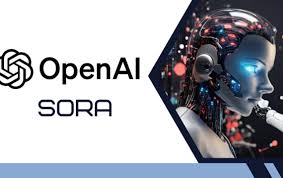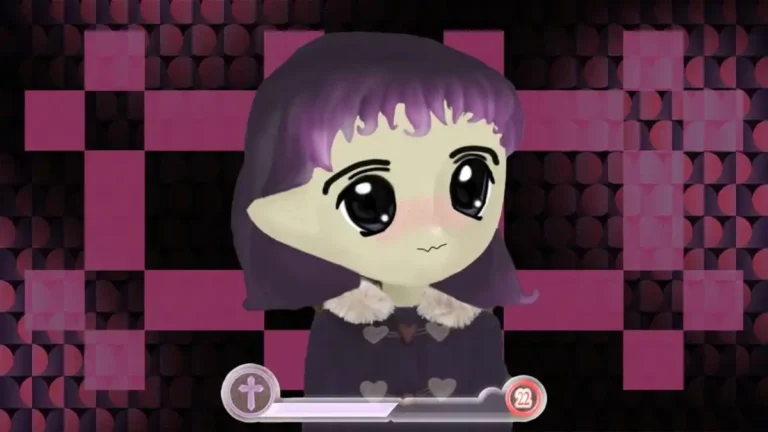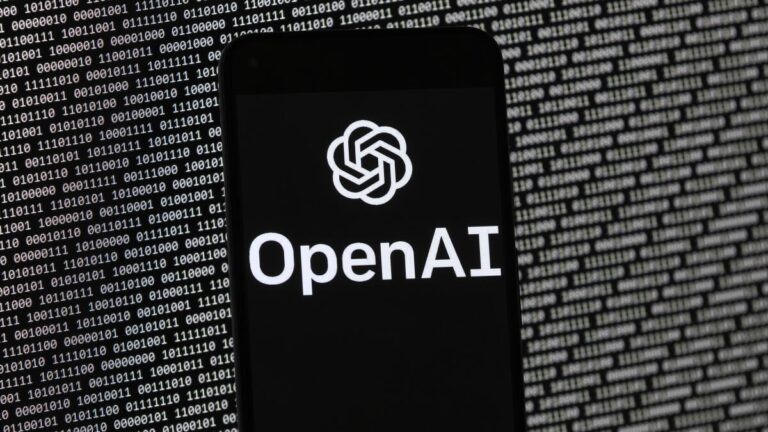Hook: What happens when unpaid beta testers, feeling exploited, decide to leak a cutting-edge AI tool? OpenAI’s new Sora text-to-video tool becomes the center of a massive controversy that’s shaking up the AI world!
The Leak That Shook the AI World
A group of artists and early testers has leaked OpenAI’s unreleased text-to-video tool, Sora, claiming they were exploited for their labor without compensation. This leak has created a huge uproar, especially since it involves one of the most powerful AI tools that could revolutionize the video content industry.
Here’s the breakdown: Sora is a tool that generates hyper-realistic videos based on simple text prompts. It can take something as basic as a written description and turn it into a video—something that could change the way filmmakers, content creators, and businesses make videos. OpenAI had been developing this tool in private, but when a group of testers and artists didn’t receive the compensation they expected for their contributions, they took matters into their own hands.
Why It Matters for You and the Future of AI
This is important because it touches on two major topics: the ethics of using AI in creative industries and the power dynamics between tech giants like OpenAI and the people who help build their products. The leak highlights how big companies often rely on unpaid labor from early testers and artists, only to leave them out when it comes to recognition or financial reward.
The Sora tool was supposed to be a game-changer. Imagine creating a video by simply typing out a few sentences. That’s the kind of technology that could transform media, advertising, and even education. But this controversy shows the darker side of such innovations: how big tech companies might exploit the people helping to shape these tools.
The Details of the Leak
The group of artists and beta testers, known as “PR-Puppets,” shared Sora’s front-end version with the AI community on HuggingFace, an AI platform. This made the tool accessible to anyone who wanted to try it, for a brief time. The leaked version even had some enhancements, including faster processing and additional customization options. Users quickly posted videos generated by the tool, showcasing its capabilities—one director even praised how well it handled complex details like arms and legs!
However, OpenAI stepped in quickly and shut down access, but by then, the leak had already spread like wildfire. The leaked tool revealed that OpenAI had been training Sora with “hundreds of millions of hours” of video clips, which is a massive amount of data designed to improve the tool’s quality and versatility.
Key Takeaways:
- Sora’s Impact: This tool could redefine how content is created, allowing anyone to produce videos simply by describing them with text. This kind of AI could change industries from entertainment to education.
- The Ethical Side of AI: The leak raises important questions about the treatment of early testers and contributors. It’s a stark reminder of how the people who help develop these technologies sometimes get left behind without recognition or compensation.
- The Role of Beta Testers: Being a beta tester for cutting-edge AI tools can give you early access to technology, but this case shows the risks—particularly if companies don’t honor their promises of compensation.
Why You Should Care
Understanding this issue is crucial for anyone involved in AI, whether you’re a creator, a tester, or just someone interested in the technology. It’s about more than just cool tools—it’s about how people are treated in this rapidly changing digital landscape. The controversy surrounding Sora teaches us the importance of fairness, recognition, and compensation in the development of technology that could reshape our world. And if you’re into AI or video creation, you’ll want to keep an eye on how this tool evolves—because it could change the way you create, work, and even think about content creation in the future.
Conclusion
The Sora leak is not just a technical mishap; it’s a wake-up call. As AI continues to evolve, it’s important to keep asking: who really benefits from these innovations, and who gets left behind? This controversy is just the beginning of a much bigger conversation about the future of work in the age of artificial intelligence.



